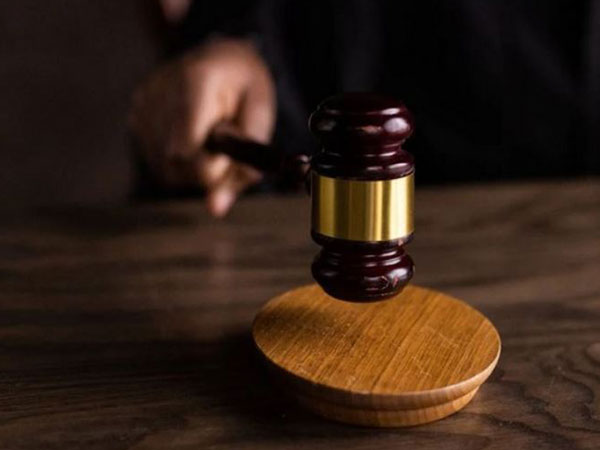Delhi High Court Rejects Swati Maliwal's Plea in DCW Recruitment Case
The Delhi High Court has dismissed Swati Maliwal's plea against charges of corruption during her tenure as DCW Chairperson. The case involves alleged irregularities in appointing AAP workers. This decision ensures the continuation of the trial against Maliwal and other accused individuals.

- Country:
- India
The Delhi High Court has officially dismissed the plea of Rajya Sabha MP and former Delhi Commission for Women (DCW) chairperson Swati Maliwal. Her plea sought relief against the charges framed against her in December 2022. The case centers on alleged irregularities in employee appointments during her tenure in 2015-16, with accusations of rule violations leading to corruption charges.
Justice Amit Mahajan dismissed the petitions of Maliwal and two other accused individuals on Friday. This move signifies that the trial will continue based on the corruption charges framed late last year. The accusations include allegations of favoritism and corruption, supposedly favoring workers of the Aam Admi Party (AAP).
In December 2022, the Trial Court found sufficient material to frame corruption and criminal conspiracy charges against Maliwal and others for abusing their positions to appoint AAP workers to different posts within the DCW. Judge Dig Vinay Singh stated that there was enough prima facie evidence to frame charges against all accused under sections 120B of IPC in conjunction with 13(1)(d) and 13(2) of the POC Act. As the court proceedings unfold, it is claimed that these appointments violated General Finance Rules and other regulations, with evidence pointing to dishonesty and the misuse of public office for personal gain.
Alongside Maliwal, former DCW members Promila Gupta, Sarika Chaudhary, and Farheen Malick are also set to face trial. The court underscored that evidence from meeting minutes suggests the appointments were made collaboratively among the accused, contravening procedural rules and regulations without following due process or advertising the positions. The court reiterated that while the DCW was pursuing government approval to fill vacant posts, it did not grant them the right to make arbitrary appointments.
(With inputs from agencies.)










